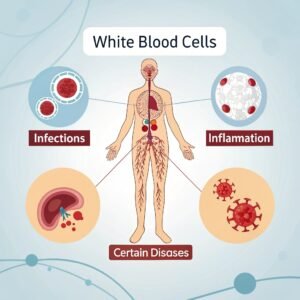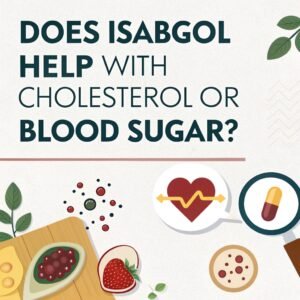“Understanding the Causes, Treatments, and Ways to Improve Night Vision”
If you struggle to see in low light or darkness, you may wonder, “Can night blindness be cured?” Night blindness, or nyctalopia, is not a disease itself but a symptom of an underlying issue. The good news is that, in many cases, it can be treated or even reversed, depending on the cause.
Can Night Blindness Be Cured with Proper Nutrition?
One of the most common causes of night blindness is vitamin A deficiency. This essential nutrient helps produce rhodopsin, a pigment in the retina that aids vision in dim light. If a lack of vitamin A is causing your night blindness, adjusting your diet can help restore vision. Foods like carrots, sweet potatoes, and leafy greens are rich in vitamin A and can improve eye health over time. In severe cases, doctors may recommend vitamin A supplements.
Can Night Blindness Be Cured Through Medical Treatment?
If night blindness results from an underlying eye condition, medical treatment may be necessary. For example:
Cataracts – Clouding the eye’s lens can cause poor night vision. Cataract surgery can often restore clarity and improve night vision.
Glaucoma – This condition damages the optic nerve, affecting vision. Managing eye pressure with medication or surgery can slow or prevent further vision loss.
Retinitis Pigmentosa – This genetic disorder affects night vision and has no cure, but specialized treatments like retinal implants or gene therapy are being researched.
Lifestyle Changes for Better Night Vision
Even if night blindness cannot be fully cured in some cases, certain habits can help manage the condition. Wearing anti-glare glasses, using brighter lighting indoors, and avoiding night driving can make a big difference. Regular eye checkups ensure early detection of vision problems.
Final Thoughts
So, can night blindness be cured? It depends on the cause. While some cases can be treated with nutrition or surgery, others require lifelong management. If you’re experiencing night vision problems, consult an eye specialist to find the best solution for you.
NOTE: – IT IS ALWAYS RECOMMENDED TO CONSULT YOUR HEALTH CARE PROFESSIONAL. ALL DATA SHARED HERE ARE FOR EDUCATIONAL PURPOSES ONLY.









